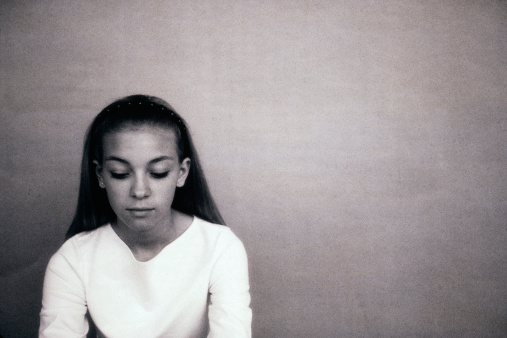
More than half of teens with psychiatric disorders do not receive treatment of any kind, according to a recent analysis of a survey of thousands of teenagers in the U.S. The new study also found that when treatment does occur, the providers very often are not mental health specialists. The findings are based on the National Comorbidity Survey Adolescent Supplement, an in-person survey of just over 10,000 U.S. teens between the ages of 13 and 17.
“We need to train more child psychiatrists in this country,” says E. Jane Costello, associate director of the Duke Center for Child and Family Policy, and lead author of the study. “It’s still the case in [the U.S.] that people don’t take psychiatric conditions as seriously as they should…despite the fact that these conditions are linked to a whole host of other problems,” says Costello.
The study also found that treatment rates varied greatly for different mental disorders. In the 12 months prior to the survey, forty five percent of teens with psychiatric disorders received some form of service and the teens most likely to receive care included patients with ADHD (73.8%), conduct disorder (73.4%), or oppositional defiant disorder (71.0%).
The teens with mental health problems least likely to receive care included those with phobias (40.7% received care) and anxiety disorder (41.4% received care).
The survey also found that in many cases care was provided by pediatricians, school counselors or probation officers rather than by people with specialized mental health training and that black teens were significantly less likely than white teens to receive specialty mental health or general medical services for mental disorders
The study was funded by the National Institute on Drug Abuse and the National Institute of Mental Health and published in Psychiatric Services.





